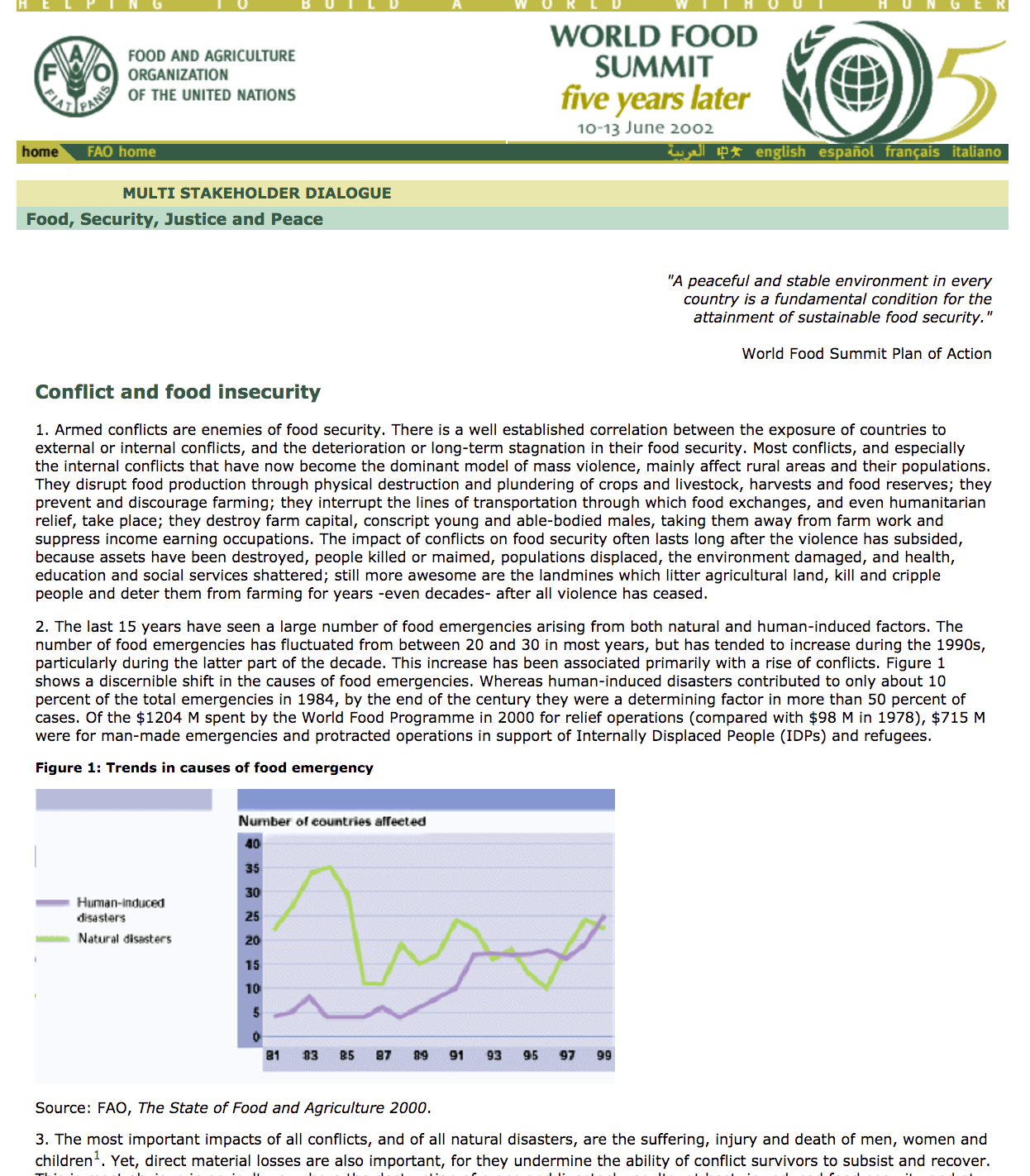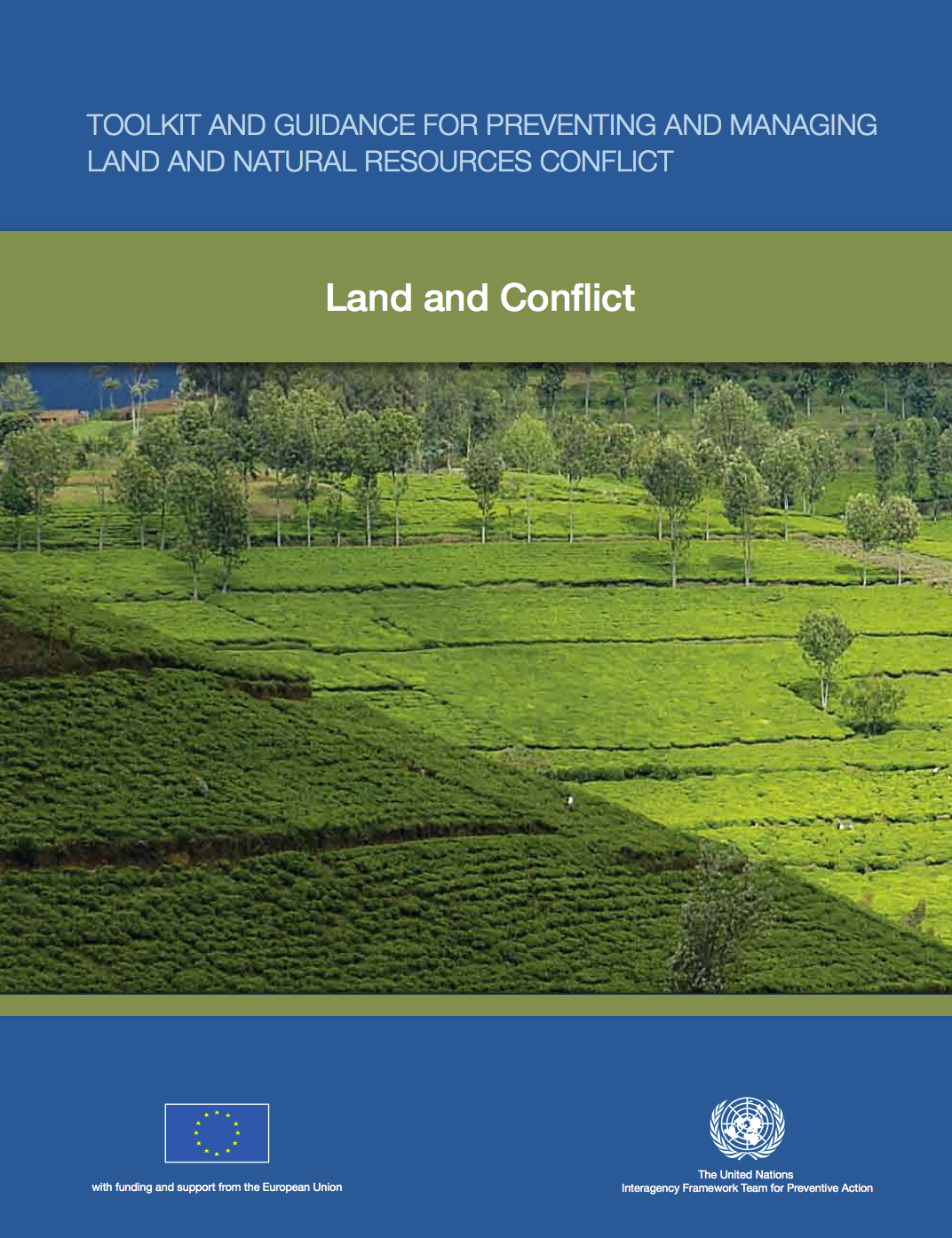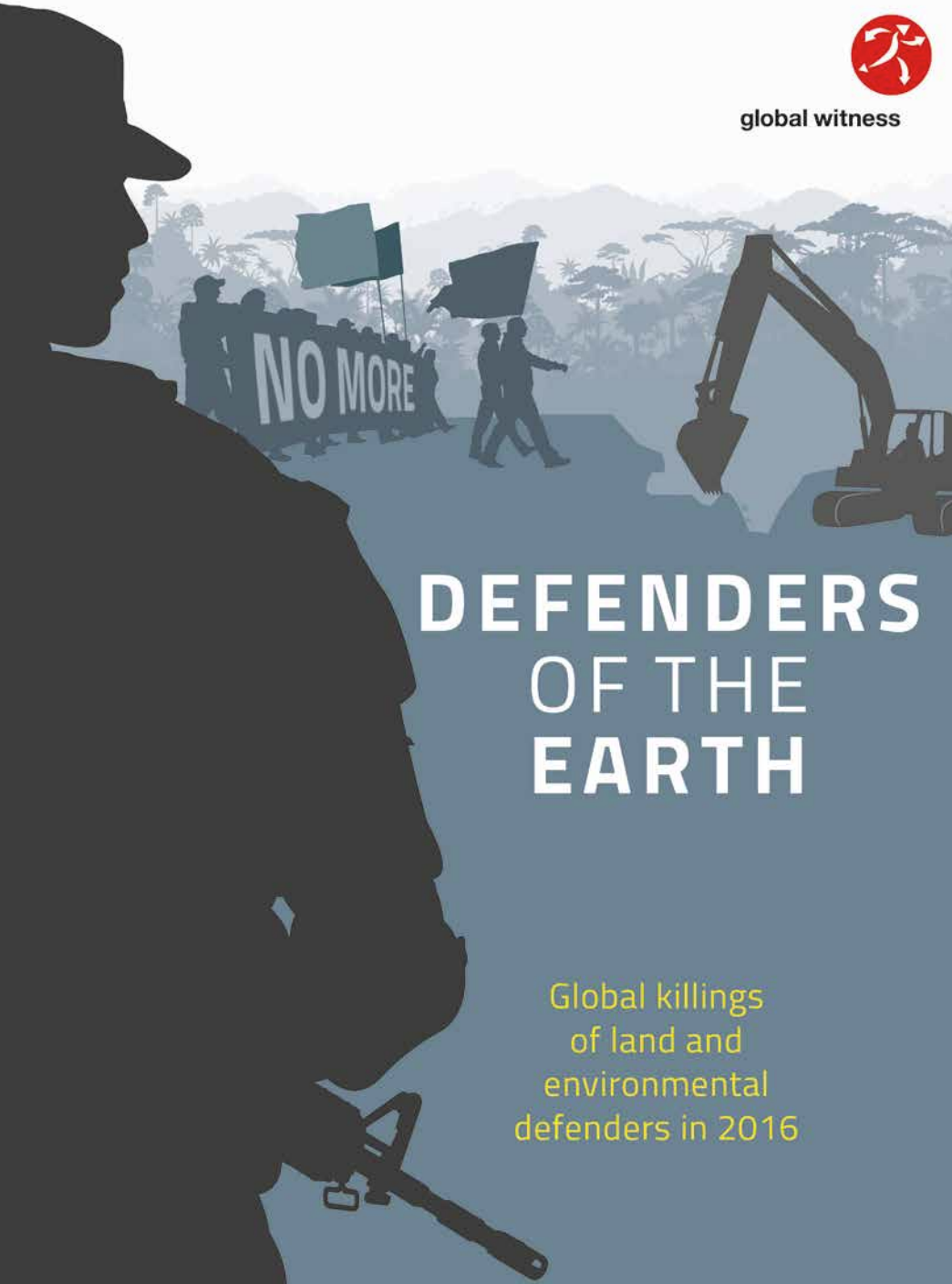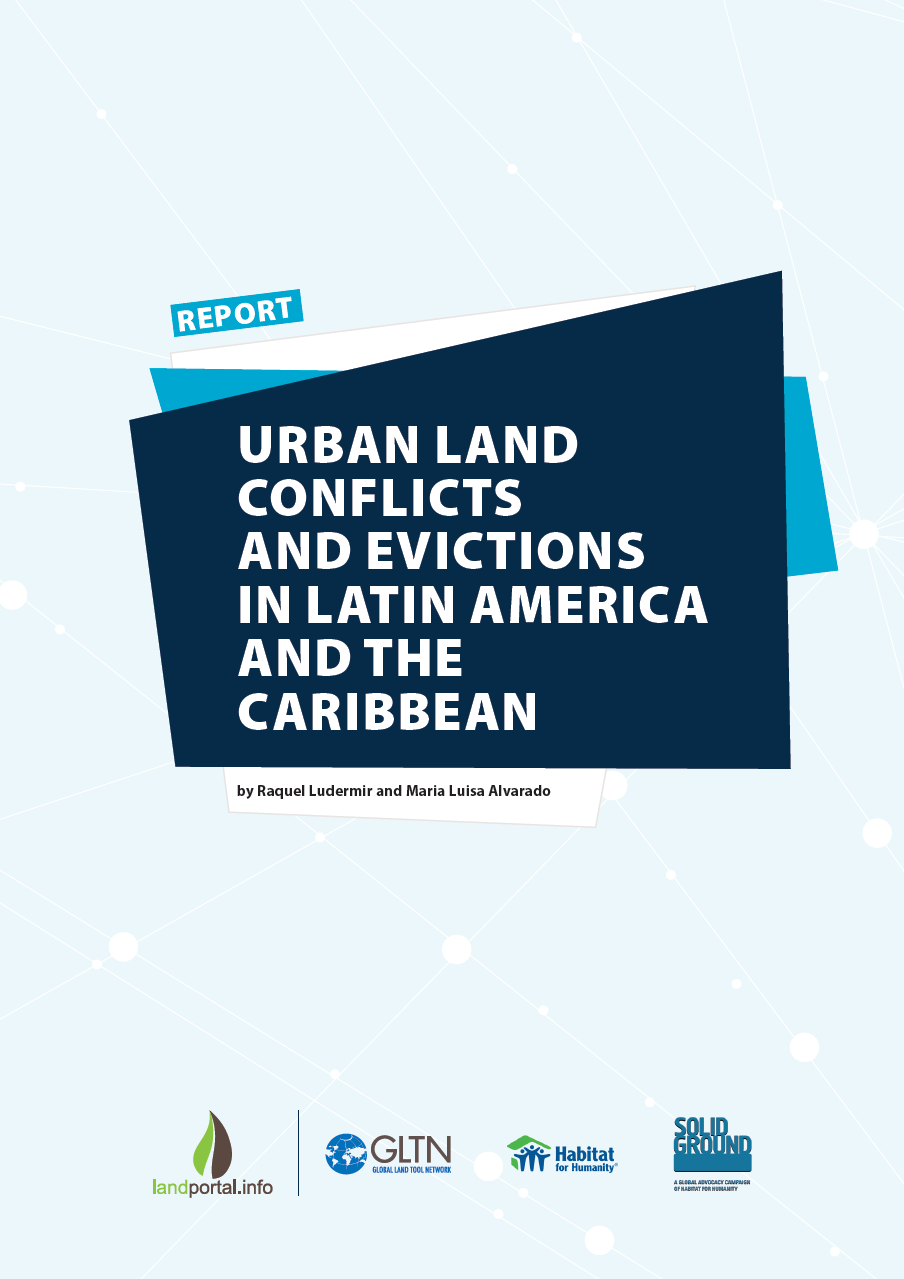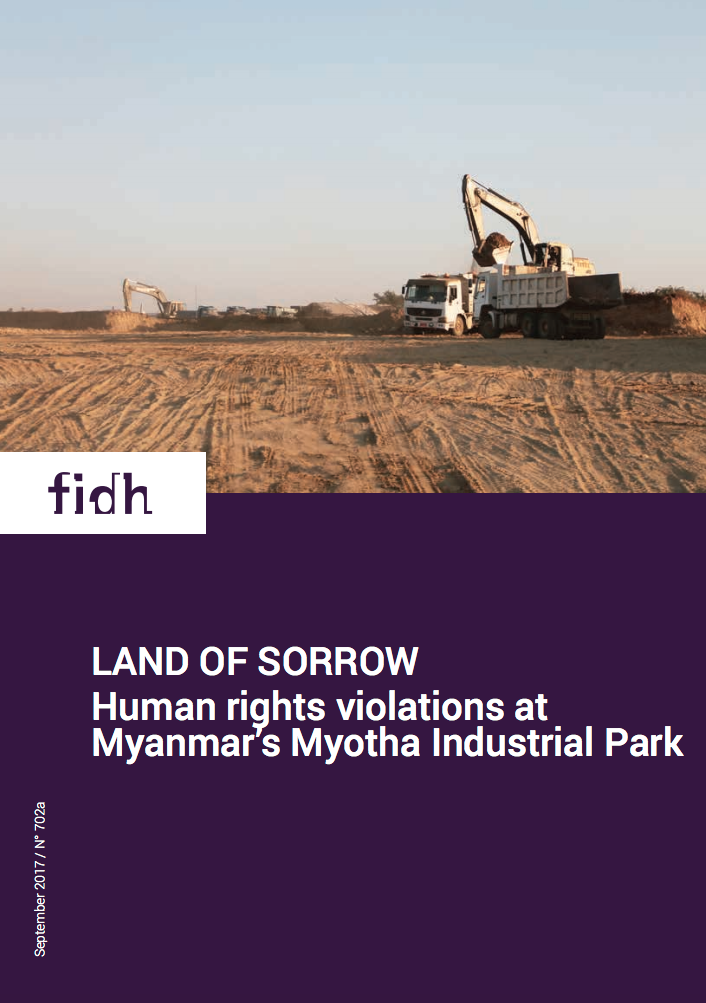Conflict and Food Insecurity
Armed conflicts are enemies of food security. There is a well established correlation between the exposure of countries to external or internal conflicts, and the deterioration or long-term stagnation in their food security. Most conflicts, and especially the internal conflicts that have now become the dominant model of mass violence, mainly affect rural areas and their populations.

